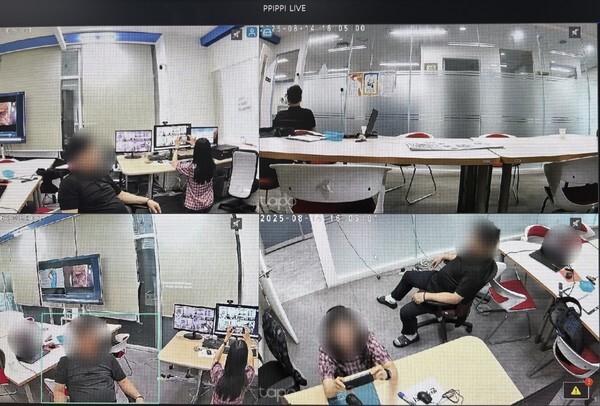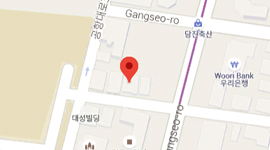The primary reason it's difficult to obtain CCTV footage from public offices is the strict regulations of the Personal Information Protection Act. CCTV footage contains personal information not only of individuals but also of an unspecified number of individuals, and indiscriminate disclosure can infringe upon the portrait rights and privacy of third parties. The complexity of access procedures at public offices stems from the need to prove a legitimate reason, cooperate with investigative agencies, and cumbersome administrative procedures. Practical difficulties stem from the costs of blurring and the burden on personal information processors.
Public institutions and local governments face the dual responsibility of ensuring citizen safety and convenience while also complying with personal information protection obligations. Various accidents and disputes can arise in public spaces such as public service centers, public parking lots, subways, bus terminals, and roadsides. For example, arguments and verbal abuse can occur between citizens in public service centers, accidents and vehicle damage in public parking lots, and traffic accidents and safety incidents can occur on subways and roads. In these situations, CCTV footage serves as crucial evidence and a means of rapid response. However, the process of providing or reviewing footage can expose personal information, leaving public institutions struggling to balance legal responsibility and operational burden.
Reference) As of 2023, there are a total of 243 local governments in South Korea, and as of 2025, there are a total of 331 public institutions. There are 415 local public corporations.
If public institutions provide CCTV footage, sensitive information like citizens' faces and vehicle license plates could be exposed, potentially violating the Personal Information Protection Act. Failure to provide footage could delay accident handling and civil complaints, potentially leading to citizen complaints or lawsuits. This dilemma can lead to missed opportunities for incident response and negatively impact trust in the institution.
Implementing an AI mosaic system can significantly resolve this issue. It can automatically and in real time de-identify sensitive information, such as faces and license plates, from CCTV footage at public service centers, public parking lots, subway stations, and roadside locations. This allows public institutions to quickly review accident or dispute footage without legal burden and, if necessary, safely share it with relevant parties, including police, citizens, and insurance companies. This will expedite accident response and dispute resolution, ensuring both citizen safety and personal information protection.

Demonstration scene of ' Patent No. 10-2721168 Real-time Mosaic System for Personal Information Protection'
Ultimately, for local governments and public institutions, AI mosaic CCTV systems go beyond simple security measures and become essential management tools that simultaneously enable accident prevention, dispute resolution, and personal information protection. This is a key solution for increasing citizen trust, minimizing risks in public service operations, and fostering a safe and transparent public environment. The optimal system to address these challenges is the AI mosaic "Beep."
South Korea's Personal Information Protection Act presents a dilemma: whether you show the footage or not, you face a lawsuit, and whether you don't, you face a fine. In other words, individuals can personally view their own footage on CCTV. However, if others are also filmed, they can view the footage only after obtaining prior consent or ensuring that their identities are not identifiable.
CCTV Privacy Protection – The Conflict Between Public Safety and Personal Information (1)
APT : Experts say, “Only real-time mosaic technology can simultaneously guarantee the rights of residents and managers” (2)
Banks : Customer complaints and distrust increase when loss cases cannot be immediately confirmed (3)
Schools : Despite the obligation to protect students, CCTV operation is restricted due to regulatory burden (4)
Hospitals : Medical institutions face significant legal liability when patient health information is leaked (5)
Hotels : CCTV in public spaces is useful for preventing accidents, but privacy infringement issues persist (6)
Golf courses : Failure to secure footage in cases of caddy or golf car accidents leads to a decline in operational trust (7)
Convenience stores : Disputes over blind spots cannot be completely resolved with CCTV (8)
Parking lots : Delays in accident handling trigger unnecessary disputes (9)
If CCTV had been mosaiced in real time , the response to the 'gun murder' would have been faster (SBS)
We introduce and connect related manufacturers and product businesses featured on the mosaic.ai platform to overseas markets. In particular, ADSOFT's CCTV AI mosaic business represents the most optimal example of a personal information protection solution. We look forward to your interest.
□ Recruitment of branch offices by country (field)
> Salesperson: obanglife@naver.com > Manufacturer: ceo@adsoft.kr > Platform: mail@mosaic.ai.kr > Market Hub: mail@markethub.org www.mosaic.ai.kr









